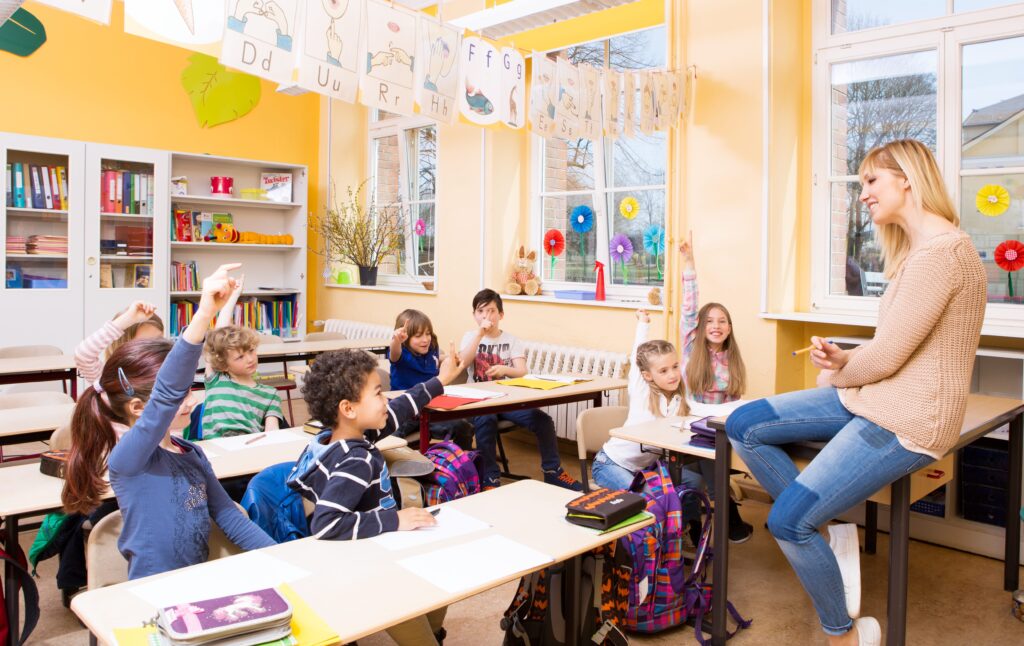Organization is one of the key factors to success in school. In fact, disorganization can lead to lower grades, increased frustration and stress, and even lower self-esteem. Students who have better organization habits often perform better on assignments, get more done, and have more free time than their disorganized peers.
However, organization is not an inherited trait—it is learned. This means that it’s important to make sure your child is developing and practicing good organizational habits regularly.
Poor Performance Or Organization Problems?
Organization issues can look different for each student. Some of the most common signs of organizational issues include:
- Always forgetting pens, pencils, and papers
- Forgetting when assignments are due
- Not planning enough time to complete assignments
- Having trouble staying focused on one task at a time
- Poor grades
These types of mismanagement, while common, need to be corrected as early as possible in order to put kids on the path to performing well in school. Thankfully, there are a number of ways that parents can help reinforce good organization practices at home.
Find out how to teach your child organizational skills that will help get him or her on the path to success.
Organization Ideas And Tips For Students Of All Ages
Create checklists
Help your child create checklists that can be easily read and referred to. Create daily and weekly to-do lists for homework, tests, and assignments that need to be completed.Organize time and assignments
Organizing your child’s school work will help him or her prioritize homework and other assignments. Use an agenda to have your child write down when assignments are due so he or she knows when to work on them.Designate a study space and time
Complete school work in a specific spot and at a specific time. This will help reinforce good scheduling and time management skills. The area should be uncluttered, free of distractions, and have the required materials so your child can stay organized and on task.Label, separate, and identify
Clearly identify books, notebooks, and other school materials with labels or stickers. Use different colors for each subject so your child can easily tell which is which. This will help forgetful students keep track of their materials more easily.Clean out clutter
Every week, clear out book bags and notebooks of miscellaneous papers and other clutter. Ask your child what each paper is before deciding whether to toss it. This will help him or her learn to identify what things he or she should keep and which can be thrown away.Bring the right materials
Help your child make sure everything has its proper place. By keeping items in the same spot, it is much less likely that they will be lost. Having some backup supplies, like extra pencils, pens, and paper, will also help make sure your child is always prepared.Prepare for the next day together
Before bed each night, go over everything your child will need for the next day. Help him or her pack his or her backpack. This will keep students from forgetting important things, and will save parents plenty of headaches in the mornings.
Better Organizational Skills = Better Grades
By teaching your child organizational skills, you’ll create a system that can help him or her perform better in school. Once your child sees how much easier school can be when you are prepared, encourage him or her to carry the torch him or herself. The result will be a more successful, stress-free school experience.
If your child needs some extra help developing better organizational skills, our Study Skills program can help!







